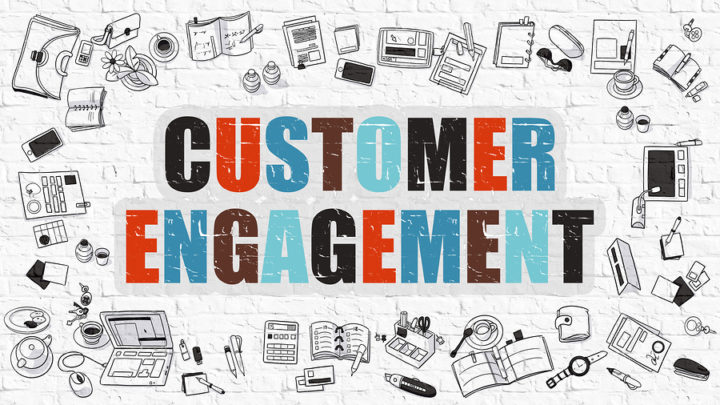Have you ever been hooked on a computer game? I’m guilty. I got into Pizza Diner, and it was addictive. I was in charge of the pizza restaurant and, when I logged on and opened my store, hungry customers would line up. I had to take their orders, bring the food and keep them happy while they were waiting. If the customers waited too long in the queue or, they got the wrong order they’d stamp their feet and leave without paying. I enjoyed trying to remember all the orders.
In 1927, a Russian psychologist named Bluma Zeigarnik was sipping coffee in a restaurant in Vienna and, she noted that all the waiters seemed to remember the orders that were in the process of being served. When completed, and the order was delivered to the customer, these orders went from their memory.
Back in the lab, she tested this phenomenon. She set her subjects a range of tasks such as solving puzzles and stringing beads. For some of the tasks, she allowed them to finish; in others, she interrupted them half-way through. She discovered that the subjects were twice as likely to remember the interrupted tasks than the completed ones. She went on to conclude that our brains need to close a loop on a task that we have been set.
Before on-demand TV, we had to wait sometimes for an intense week to find out what happened next. The 19th-century novelists including Charles Dickens wrote his masterpieces in weekly series and left the readers hanging on for more. Crowds would wait at the docks in London for the latest instalment of the series to arrive, desperate to know what happened.
So how can we apply the Zeigarnik Effect to our business? We can use this to improve our productivity and make our audiences more engaged. Here are three simple ways of using the Zeigarnik Effect:
1. Instead of ending your day on a completed task, leave that task unfinished. You will be more motivated to pick it up where you left off and, see it through to the conclusion the next day.
2. If you are working on a big project, stop at a point where you’d like to go on, take a break and do something completely different. The fascinating thing is that while you are doing something else, your unconscious brain will be processing how to complete the unfinished work, and you will be able to achieve that task more efficiently than if you’d carried on without stopping.
3. When you are giving a presentation, start with a story, so they are interested and then save the rest of the story until the end. People will be eager to know what happens and until that loop is closed, they stay engaged.
Lisa Evans, Director and Chief Storyteller, Speaking Savvy















